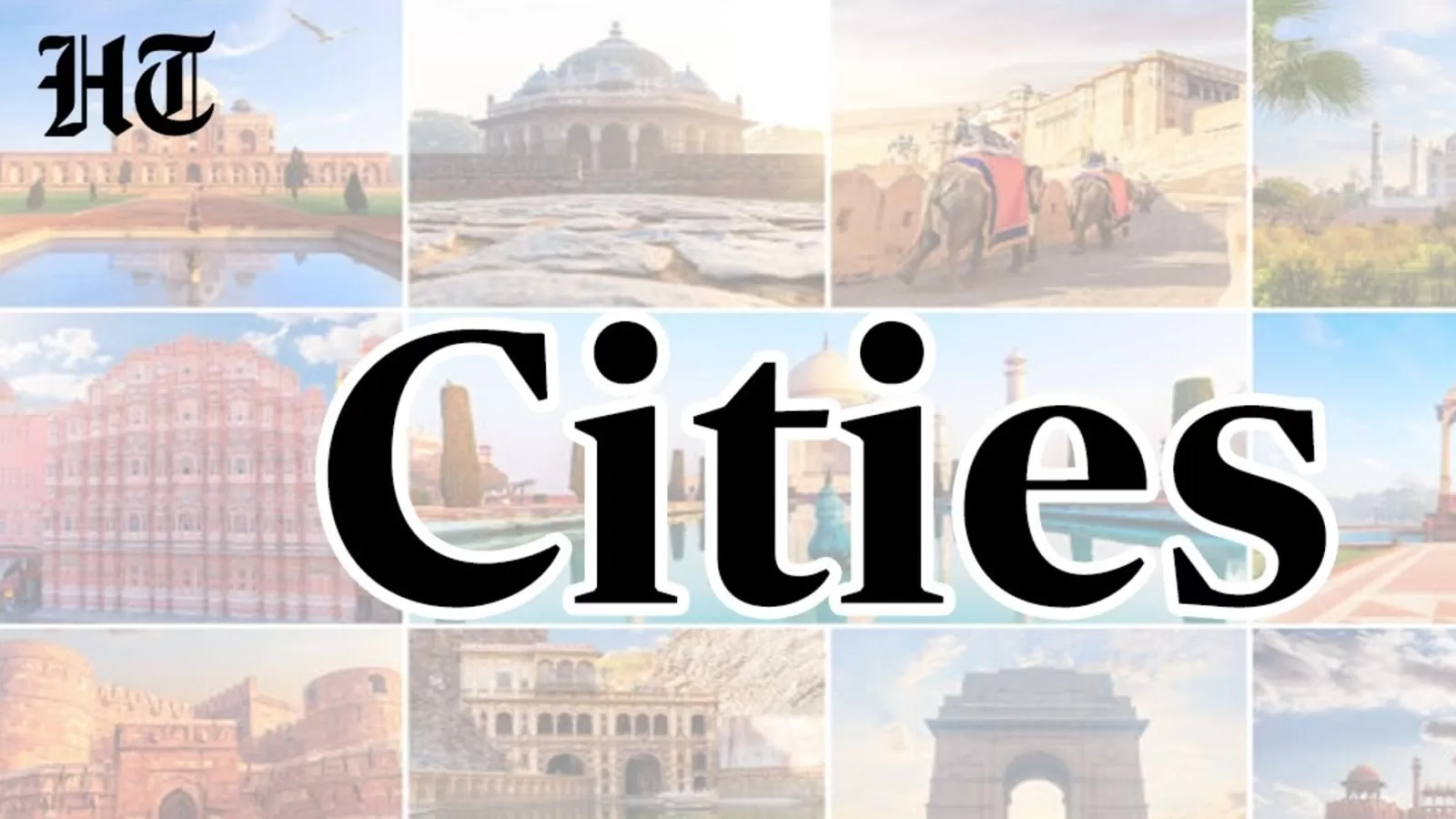Pune's Perpetual Gridlock: Delayed Flyovers Spark Commuter Fury, Threaten to Disrupt Elections
Share- Nishadil
- September 06, 2025
- 0 Comments
- 3 minutes read
- 38 Views

Pune's Traffic Torment: Delayed Flyovers Become a Political Hot Potato
Pune commuters are trapped in a daily nightmare of traffic due to long-delayed flyover projects. This escalating frustration is turning the infrastructure gridlock into a critical political issue ahead of upcoming elections, challenging local governance.
Pune, a city celebrated for its burgeoning IT sector and educational hubs, finds itself grappling with a burgeoning crisis: relentless traffic gridlock. At the heart of this daily nightmare are ambitious flyover projects, years behind schedule, transforming routine commutes into epic battles against time and frustration.
The city's rapid expansion has outpaced its infrastructure development, leaving millions trapped in an exasperating cycle of delays and inconvenience.
From the vital Chandni Chowk interchange – a project that, during its prolonged construction, symbolized both hope and exasperation – to critical links around Bavdhan and the perpetually congested Hinjewadi IT corridor, major infrastructure initiatives have become synonymous with interminable waits.
Commuters report losing precious hours daily, burning valuable fuel, and enduring immense mental strain as they navigate incomplete diversions and choke points that show no sign of easing. What should be a quick trip often devolves into an hour-long crawl, eating into personal time and productivity.
The blame game is rife, echoing through political corridors and public forums alike.
Land acquisition disputes, the monumental task of shifting existing utilities, bureaucratic red tape, and even alleged contractor inefficiencies are frequently cited as culprits for the sluggish pace. What remains tragically clear, however, is the glaring lack of synergy between various implementing agencies – including the Pune Municipal Corporation (PMC), the state government, and the National Highways Authority of India (NHAI) – whose fragmented efforts only exacerbate the already dire situation.
This infrastructure paralysis is no longer merely an inconvenience; it's rapidly escalating into a potent political weapon.
With local body, state assembly, and even general elections on the horizon, the collective wrath of Pune's commuters is poised to become a decisive factor. Opposition parties are already capitalizing on public anger, highlighting the ruling dispensation's failure to deliver on promised infrastructure, while incumbent leaders face mounting pressure to expedite these crucial projects before public sentiment turns irrevocably against them.
Citizens demand more than just empty promises; they seek tangible progress and concrete accountability from their elected representatives and civic authorities.
The economic cost of these protracted delays – lost productivity, higher fuel consumption, increased pollution, and a discernible decline in the overall quality of life – is immense. Pune's aspiration to be a global IT and manufacturing hub is fundamentally being undermined by its inability to move its own people and goods efficiently, impacting its competitive edge.
The message from the streets is unequivocal: resolve the traffic nightmare now.
Unless immediate and decisive action is taken to accelerate these critical flyover projects and streamline inter-agency coordination, the gridlock on Pune’s roads will inevitably translate into a gridlock at the ballot box, shaping the city's political future in unexpected and potentially dramatic ways.
.Disclaimer: This article was generated in part using artificial intelligence and may contain errors or omissions. The content is provided for informational purposes only and does not constitute professional advice. We makes no representations or warranties regarding its accuracy, completeness, or reliability. Readers are advised to verify the information independently before relying on







